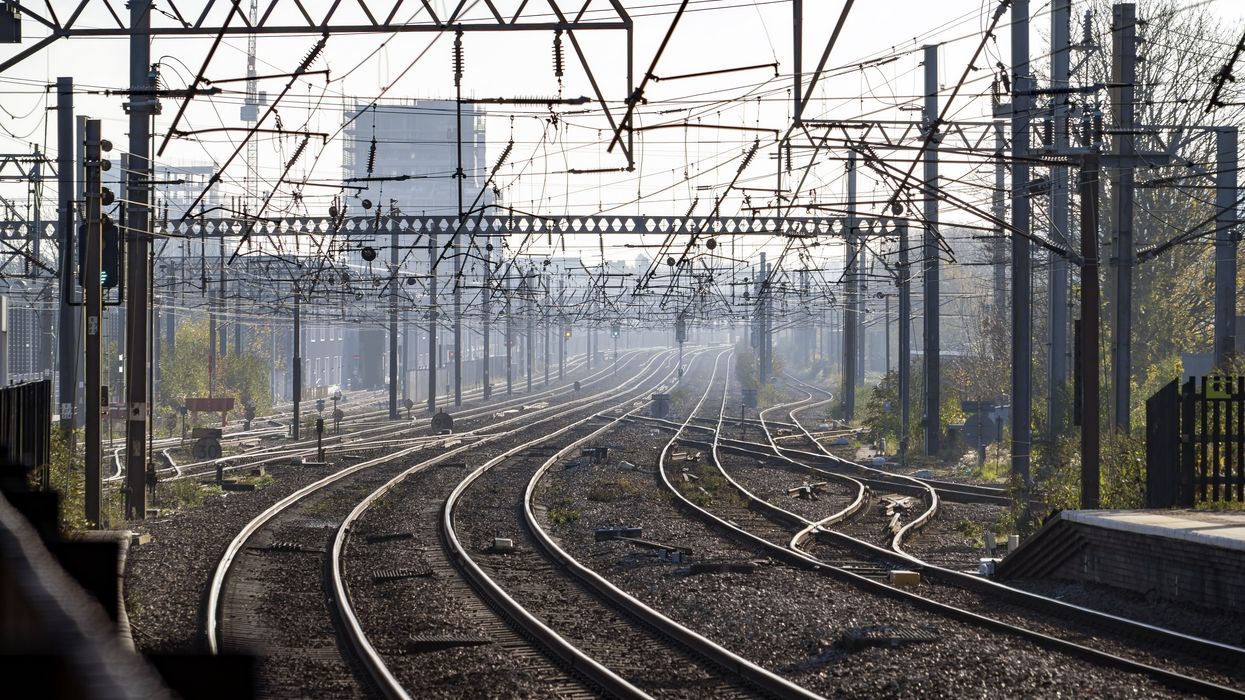THE GOVERNMENT has announced a £1.7 billion investment to improve transport infrastructure across the North, focusing on buses, roads, and rail.
The funding aims to upgrade key routes and improve connectivity across the region.
The package includes £415 million to upgrade the rail line between Manchester, Huddersfield, Leeds, and York, a route affected by delays and disruptions.
An additional £270m will be allocated to bus services, and £330m will go towards road maintenance.
The investment also supports local transport projects, including a new tram network in West Yorkshire, a new Merseyrail station in the Baltic Triangle, and improvements to the Bury Interchange with £80m in funding.
Prime minister Keir Starmer said the plan aims to address long-standing transport issues and better connect Northern cities to support industries such as fintech in Leeds, life sciences in Liverpool, and film production in Bradford.
Chancellor Rachel Reeves said reliable public transport is essential for economic growth, while transport secretary Heidi Alexander highlighted the impact of the TransPennine Route Upgrade, which will reduce journey times between Manchester and Leeds from 50 to 42 minutes.
The funding is part of the government's wider Plan for Change, which aims to boost transport infrastructure outside London and the South East.





